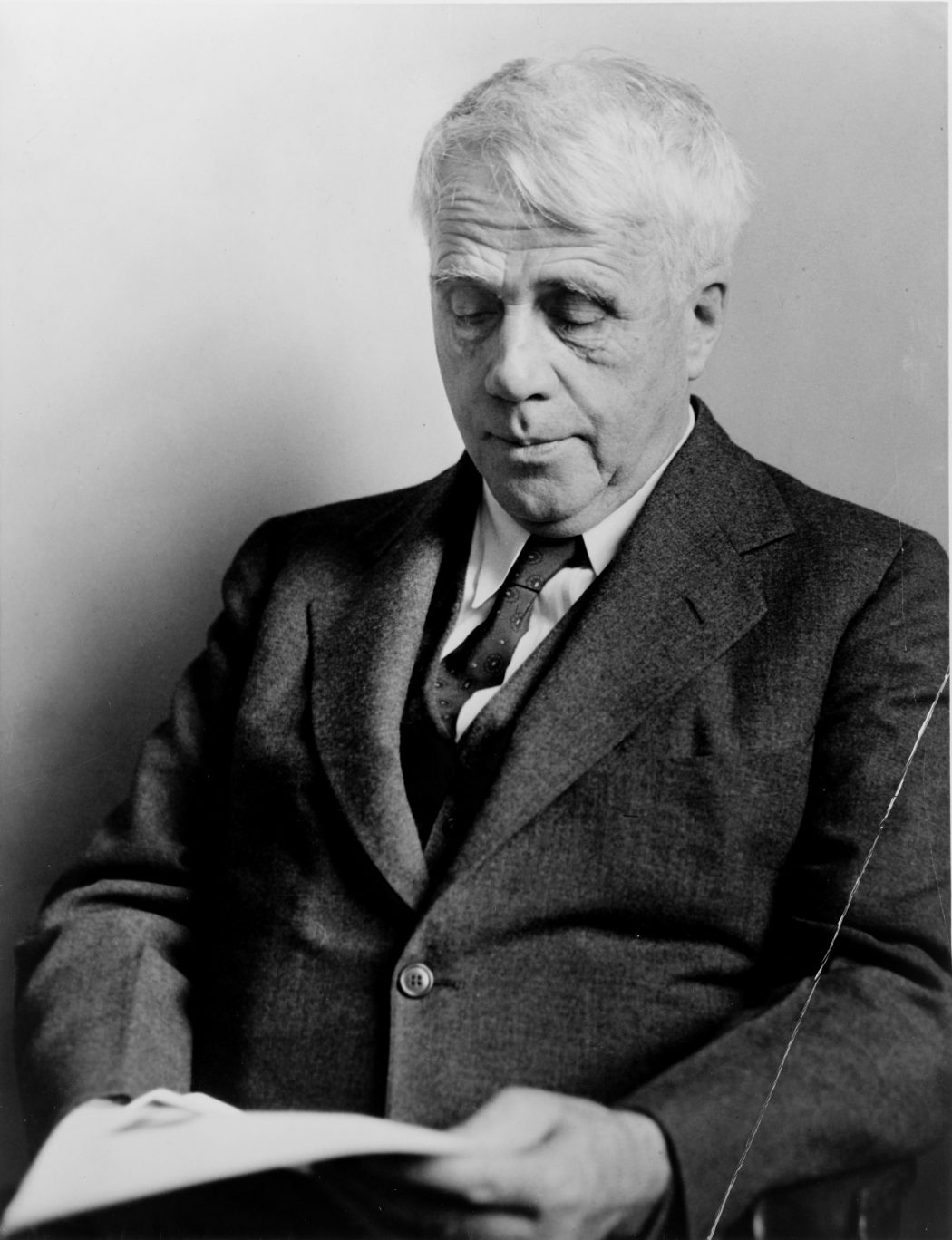‘What words, poems, stories, books, movies, songs, artworks, or quotes inspire, drive, and build your passion for medicine?’
This was one of the questions posed by Dr. Jentoft during his ‘Mountain Medicine’ seminar, a lunchtime lecture sponsored by the Rural Program. Two of the six responses were poems – mine and Dr. Jentoft’s. Dr. Jentoft is a family medicine physician and emergency department chief medical officer in White River, Arizona. With his question he was (I think) hoping to develop a sense of who the seminar attendees were. I don’t know exactly what my choice, The Red Wheelbarrow, said about me. I’m sure it did speak, just as surely as Dr. Jentoft’s choice of Out, Out— by Robert Frost spoke of who he is as both a person and physician.
Out, Out was unfamiliar to me but certainly powerful. The poem is about a boy cutting wood, although he is not the subject in any grammatical sense. The subject is a buzzsaw. The tool opens the poem in the first two lines ‘snarling’ and ‘rattling’ and ‘making dust’ and dropping ‘stove-length sticks of wood.’ Frost wrote in the first person, but as a witness rather than a protagonist and it’s almost easy to miss the lone ‘I’ in line 10: ‘Call it a day, I wish they might have said.’ These few facts might be enough to portend the grim end. Already, there is a distance felt. There is possibly a sense of regret as well. However, it is unclear whether the source of these feelings is from the actions of the speaker or someone else.
With this set-up, as the buzzsaw meets the boy’s hand, it felt as if I knew it would happen. There is tenderness in Frost’s description of the aftermath: ‘…Then the boy saw all—/Since he was old enough to know, big boy/Doing a man’s work, though a child at heart—/He saw all spoiled. ‘Don’t let him cut my hand off—/The doctor, when he comes. Don’t let him, sister!/So. But the hand was gone already’ (23-28). The boy is given ether. The hand, presumably, is amputated and the boy dies. This is the end for him, but not the end of the poem, which closes with these final words as the boy’s heart stops: ‘Little—less—nothing!—and that ended it./No more to build on there. And they, since they/Were not the one dead, turned to their affairs’ (33-35). There, the poem ends and condemningly so.
As we sat in the lecture hall reading this poem, I found myself stopping, reading over and over the poem as a whole and these final lines in particular. When Dr. Jentoft described his first reading, he said it was very similar. He read it and then read it again and then another time.
In my opinion, an ability to be struck speechless by a poem like Out, Out— is the mark of a good man and physician and one well suited to a rural practice. Of course, it isn’t a hard and fast requirement, but it does help identify an empathetic doctor and it’s important that doctors feel for their patients. The lack of this is what seems so damning about Frost’s final lines. The ease with which the onlookers turn away and return to their own business feels wrong. A discordance orchestrated masterfully by Frost’s regretful ‘I’ in the middle of a poem that is tonally remote and detached otherwise.
Poetry might not be what comes to mind immediately when considering rural or any other field of medicine. In fact, ‘how to cite poetry in AMA format’ is a difficult google search. But if poetry does not immediately come to mind, questions of passion, inspiration, and drive do. These are inseparable in the medical field from questions of empathy, compassion, and consideration. Good poems (or stories, or books, or movies, or quotes) can pick you up and shake you. They can take your words and make you stop and consider.
The question I opened this article with is a good one to consider. When you find your answer, I encourage you to take five or ten minutes to think about what the piece you choose means. Why those words or images? They might have more to teach you than you knew.
1. Frost, R. Out, Out—. Reprinted, Poetry Foundation. https://www.poetryfoundation.org/poems/53087/out-out. Accessed May 1, 2019.
Charlotte Archuleta is a class of 2020 medical student at UACOM-P and a very happy Arizona transplant. She moved to Arizona in 2012 after graduating from UNC Chapel Hill with an English and Dramatic Arts degree. She also has a Master's degree in Physiology and Complementary and Alternative Medicine from Georgetown. She chose to pursue medicine because she loves learning. She is excited to bring this passion to her future health care career.

